In his final argument challenging the declaration of Bola Tinubu as president of Nigeria, Peter Obi has asked the presidential election petitions tribunal to answer one question: Can Mr Tinubu sustain an argument that he didn’t personally suffer economic sanction when he forfeited $460,000 to the United States in the 1990s?
The question has become central as the tribunal receives final arguments from parties in the lawsuit ahead of its final judgement due in a few weeks. Mr Obi is seeking to disqualify Mr Tinubu as ineligible to stand for election because he forfeited funds to the United States after that country’s authorities identified him as a launderer of ill-gotten proceeds of narcotics peddling in Chicago.
While there are several other grounds being pursued by Mr Obi, all trained towards removing Mr Tinubu as an illegitimate president, a particular section of the Nigerian Constitution has received perhaps the most rigorous attention.
Section 137 (1) (d) said, among other disqualifying grounds, that a person shall not be eligible to run for president if the person had been previously placed under a fine by any court or tribunal.
The United States District Court for the Northern District of Illinois had on October 4, 1993, ordered the confiscation of $460,000 owned by Mr Tinubu, who had lived in the U.S. for decades preceding the judgement.
“The funds in the amount of $460,000 in account 263226700 held by First Heritage Bank in the name of Bola Tinubu represent proceeds of narcotics trafficking or were involved in financial transactions in violation of 18 U.S.C. 1956 and 1957 and therefore these funds are forfeit to the United States pursuant to 21 U.S.C. 882 (a) (6) and 18 U.S.C. 981,” the judgement delivered by late jurist John Nordberg said.
Mr Tinubu’s lawyers, while admitting that their client was indeed the subject identified in the judgement, have argued that the forfeiture was a civil procedure and should not come under the definition of fine as prohibited in the Nigerian Constitution.
But Mr Obi’s lawyers, while citing a flurry of case laws in and outside Nigeria, said there should be no ambiguity in the interpretation of a forfeiture as synonymous with fines.
“A civil forfeiture in the U.S. amounts to a ‘fine’ or a ‘punitive economic sanction’, and it is also “at least partially punitive” against the persons whose property is affected,” the legal team led by Livy Uzoukwu argued.
The lawyers said the Nigerian Supreme Court had defined forfeiture as a form of punishment for an offence in a January 2014 majority verdict delivered by Kayode Ariwoola, now the chief justice.
While ruling in the matter of Mohammed Abacha against the Federal Republic of Nigeria, Mr Ariwoola cited several definitions of forfeiture and concluded that “these definitions leave no doubt that forfeiture is a sanction, a fine by the court. It is penal and criminal in nature.”
They also cited a February 20, 2019, decision of the U.S. Supreme Court, which accepted that a man whose vehicle was placed under forfeiture by state authorities in Indiana had been excessively punished via civil forfeiture.
The American top justices defined the civil forfeiture Indiana imposed on Tyson Timbs as a fine that violated that country’s Eighth Amendment’s excessive fines clause.
“Protection against excessive punitive economic sanctions secured by the Clause is, to repeat, both “fundamental to our scheme of ordered liberty” and “deeply rooted in this Nation’s history and tradition,” the court said of civil forfeiture.
The Nigerian Constitution only stated that a person who had been fined before shall not be elected president, and did not say whether or not the forfeiture should be through a civil or criminal proceeding.
Mr Obi’s lawyers said several dictionaries dating back to the 18th century have always defined forfeiture to also mean a fine, and the 2019 U.S. Supreme Court judgment proved that the definition still endures.
Consequently, upon the Timbs ruling, they argued that Mr Tinubu cannot successfully claim that he didn’t suffer any losses when the U.S. authorities seized the $460,000 from him in 1993.
“Why did Timbs challenge the forfeiture proceedings if he was not to be personally affected?” Mr Obi’s lawyers said. “Can it be honestly argued that the 2nd Respondent (Mr Tinubu) herein did not suffer economic sanction when he forfeited 460,000 USD to the US Government?”
Mr Tinubu’s lawyers promptly dismissed the argument as counterproductive to Mr Obi’s case because Mr Timbs had pled guilty to narcotics business and was sentenced to jail before the forfeiture proceeding was introduced into the matter by the state government.
But Mr Obi was only seeking to establish that courts in Nigeria and the U.S. accepted the definition of forfeiture as also constituting a fine in order to satisfy the Constitution’s specific mention of fine as sufficient ground for disqualification, an argument Mr Tinubu’s lawyers did not address.
Mr Obi’s July 20, 2023, written address came days after Mr Tinubu argued in his written address that the U.S. forfeiture was not sufficient ground to nullify his presidential victory. He also threatened that there could be anarchy should he be removed from office on the basis of his failure to get 25 per cent of votes cast in Abuja, a statement that was widely condemned and which Mr Obi’s lawyers addressed in their written address as unfounded because the Constitution was clear on the 25 per cent vote requirement in the nation’s capital. (Culled from Peoples Gazette)
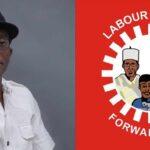
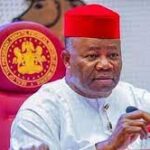

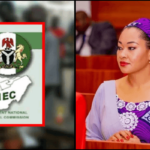
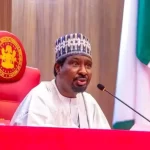
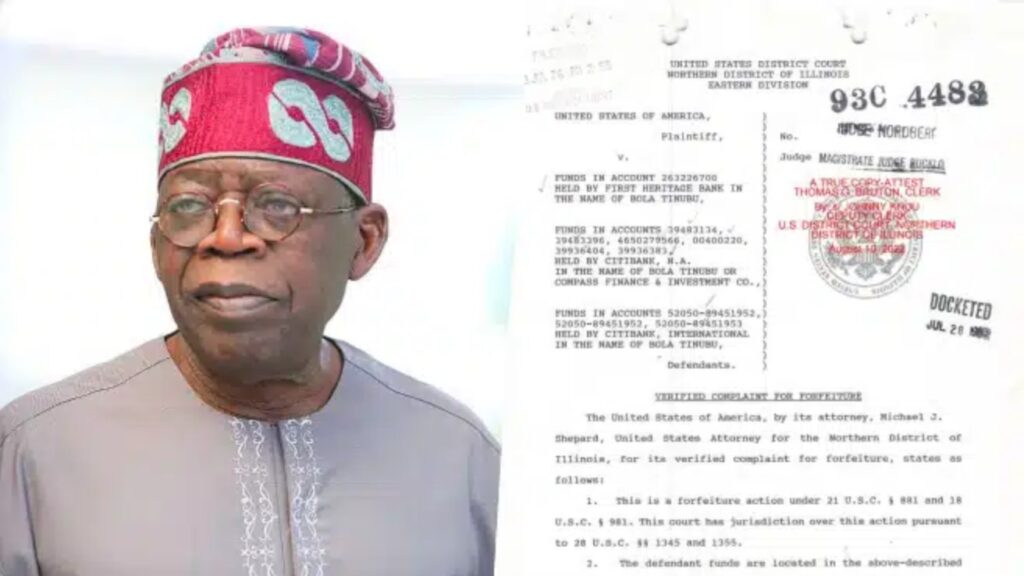
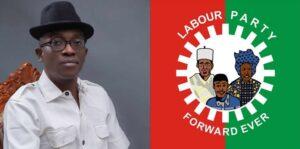
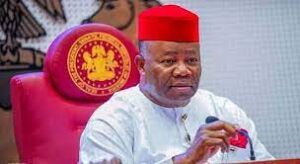
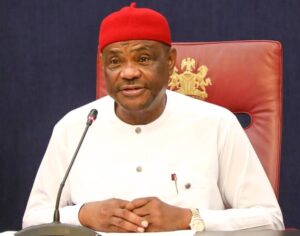
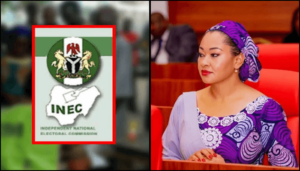
More Stories
Abure loses out as Supreme Court nullifies his recognition as Labour Party National Chairman
Akpabio secures court order banning Natasha from talking about sexual harassment allegation
Wike to critics: ‘I will live to sign condolence letters of those who said I collapsed’